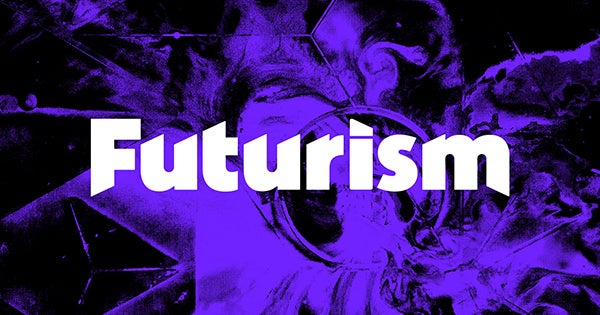
The field of health science and technology is experiencing rapid transformation fueled by cutting-edge innovations aimed at improving patient care, diagnostics, and treatment efficacy. These advancements are no longer confined to theoretical models—they are becoming increasingly integrated into healthcare systems around the world.
One of the most significant trends is the application of artificial intelligence (AI) in medicine. AI algorithms are being developed to analyze complex medical data, from imaging scans to genetic information, enabling faster and more accurate diagnoses. For instance, AI platforms can now detect early signs of conditions such as cancer, Alzheimer’s, and cardiovascular disease far earlier than traditional diagnostic tools.
Another major area of progress is personalized or precision medicine. This approach tailors prevention and treatment strategies to individual patients based on genetic, environmental, and lifestyle factors. With rapid advancements in genomics and data analytics, doctors can create highly customized health plans and therapies, potentially increasing treatment effectiveness and reducing adverse effects.
Biotechnology is also seeing groundbreaking progress. Innovations such as CRISPR-based gene editing are opening up new possibilities for treating genetic disorders at their source. Meanwhile, lab-grown organs, 3D-printed tissues, and advanced biomaterials are being tested for use in surgical repair, drug testing, and transplantation, pushing the boundaries of regenerative medicine.
Furthermore, wearable health monitoring devices and telemedicine platforms have become more prevalent, particularly in the wake of the COVID-19 pandemic. These tools allow for continuous health tracking and remote consultations, increasing access to healthcare and facilitating early intervention—especially in underserved or remote regions.
The convergence of cyber-physical systems, big data analytics, and biotechnology in health tech points to a future of more proactive, predictive, and precise medicine. While regulatory concerns, privacy issues, and ethical dilemmas still need to be addressed, the trajectory of futuristic health science and technology suggests a paradigm shift in how healthcare will be delivered and experienced in the years to come.
Source: https:// – Courtesy of the original publisher.








